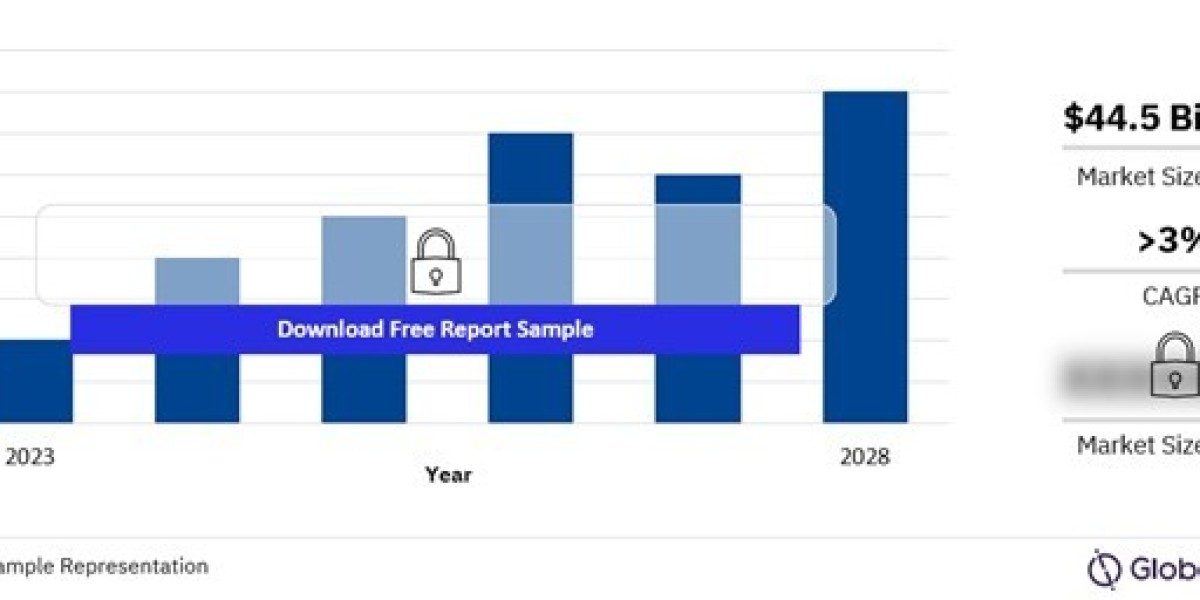Indonesia is home to one of the worlds most significant mining industries, thanks to its rich reserves of natural resources. It is a leading global supplier of minerals such as coal, nickel, copper, gold, and tin. This resource-rich archipelago has long been a key player in the global mining sector, contributing significantly to its national economy and positioning itself as a major force in the international commodities market.
1. Overview of Indonesias Mining Sector
Indonesia's mining industry plays a pivotal role in its economic growth. In recent years, it has seen steady investment in coal, nickel, and gold, among other commodities. In 2023, Indonesia remained the worlds largest exporter of thermal coal and nickel, the latter of which is vital for electric vehicle (EV) battery production. This abundance of resources has helped the country attract foreign direct investment, with international mining companies maintaining substantial interests in Indonesian mines.
Indonesias mining sector is regulated by the Mining Law No. 4/2009, which lays out the framework for operations, licenses, and permits. Despite challenges like environmental concerns and regulatory complexities, Indonesia continues to promote its mining industry with policies aimed at sustainability and value-added processing.
2. Key Minerals in Indonesia
a. Coal
Indonesia is the worlds largest exporter of thermal coal, with its key markets including China and India. The countrys vast coal reserves, particularly in Kalimantan and Sumatra, have been the backbone of its mining sector. Despite recent global pushes toward renewable energy, coal remains a critical part of Indonesias domestic energy mix, and the country has capitalized on rising global demand.
b. Nickel
Indonesia is a dominant player in the global nickel market, primarily due to its vast laterite ore reserves. Nickel is crucial for the production of stainless steel and lithium-ion batteries used in electric vehicles, making Indonesia a pivotal source for the growing EV market. To capitalize on this, Indonesia imposed a ban on nickel ore exports in 2020, aiming to promote domestic smelting and processing.
c. Copper
Indonesia is home to the Grasberg Mine, one of the largest copper and gold mines in the world, operated by Freeport-McMoRan. Copper demand is projected to surge due to its use in renewable energy systems and electric vehicles, ensuring that Indonesia remains a key player in this market.
d. Gold
Gold mining in Indonesia has been a key driver of growth in the sector. The countrys reserves are concentrated in regions like Papua, North Sumatra, and Kalimantan. Aside from local mining operations, global giants such as Newmont and Barrick Gold have shown interest in Indonesias gold resources.
3. Government Policies and Reforms
Indonesia has recently introduced policies to enhance the sustainability and productivity of the mining sector. These include the Mineral and Coal Mining Law No. 3/2020, which aims to create a conducive environment for investment and foster downstream industries like smelting and refining. This law also extends mining licenses for companies that agree to build processing facilities in Indonesia, encouraging value addition and limiting raw material exports.
The government has also taken steps toward reducing the environmental impact of mining. Stricter regulations on land rehabilitation, waste management, and community development programs have been enforced. Mining companies are now required to implement corporate social responsibility (CSR) initiatives that benefit local communities, especially those affected by mining operations.
4. Challenges in the Mining Sector
Despite its robust growth, Indonesias mining industry faces several challenges. One major issue is regulatory uncertainty, as frequent changes in laws and policies can create confusion for investors. Additionally, environmental concerns and opposition from local communities can cause disruptions in mining operations.
Infrastructure is another significant challenge, particularly in remote areas where many mining sites are located. Poor transportation and energy supply can hinder mining productivity and profitability. Furthermore, environmental groups and indigenous communities have raised concerns about the impact of mining activities on local ecosystems, leading to heightened scrutiny and sometimes protests against large mining projects.
Buy the Full Report for Additional Insights on the Governing Bodies in the Indonesia Mining Industry








